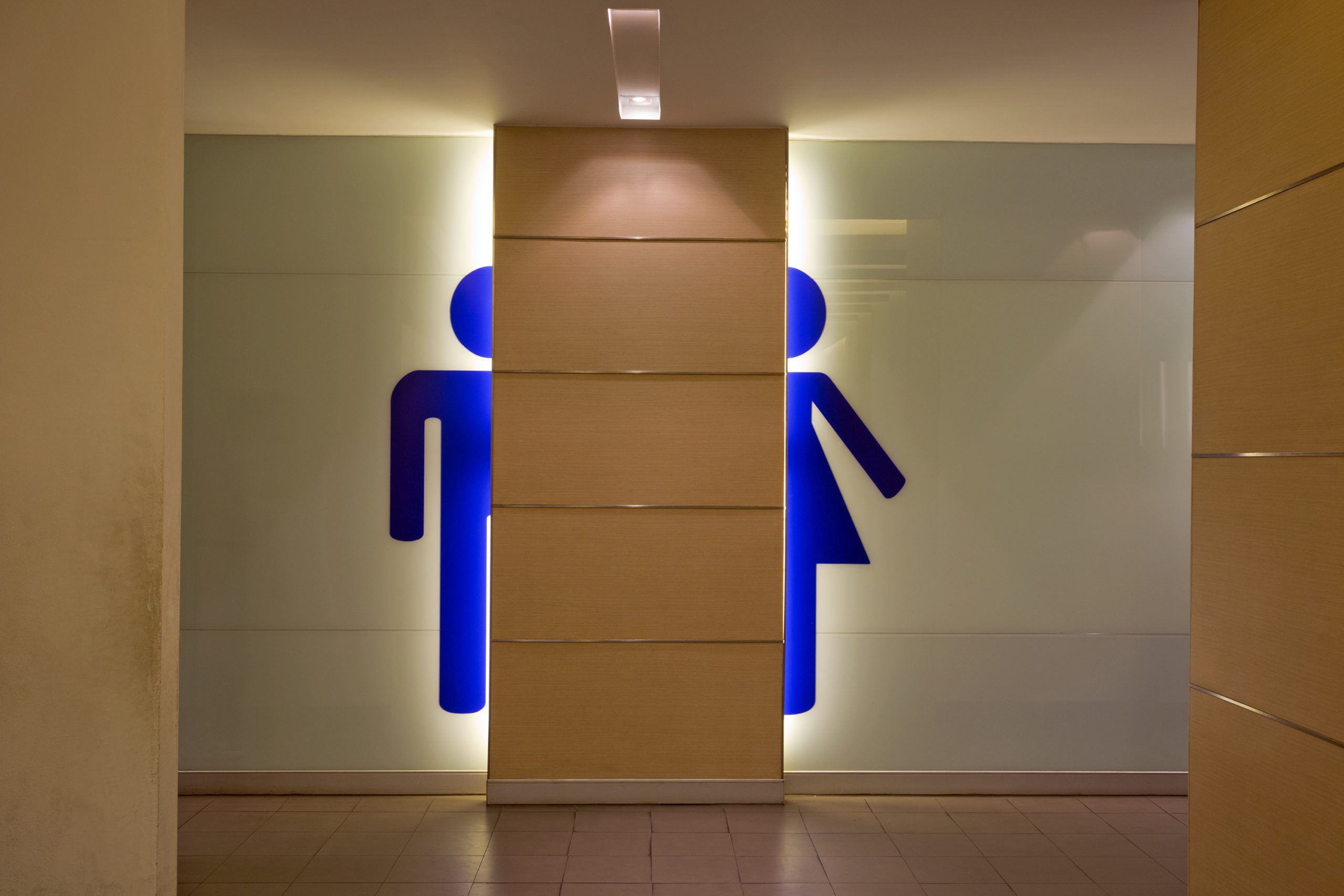
The DLUHC released a statement on 13th August 2023, announcing its intention to implement changes in building regulations to enforce the provision of gender-specific toilets. The department highlighted that the proposed policy aims to not only reinforce the concept of single-sex spaces but also promote the inclusion of self-contained toilets that cater to diverse needs.
Emphasis on Privacy and Dignity
Kemi Badenoch, the Minister for Women and Equalities, asserted that the introduction of gender-neutral toilets had inadvertently infringed upon the privacy and dignity of women and girls. Badenoch emphasized that the forthcoming regulations would ensure that every newly constructed building in England is mandated to offer separate male and female facilities or unisex alternatives, thus safeguarding the dignity, privacy, and safety of all individuals.
Gender-Neutral Toilets vs. Unisex Facilities
Gender-neutral toilets, designed for use by individuals of any gender, have been the subject of increased discussions surrounding inclusivity. These facilities are especially beneficial for transgender and gender non-conforming individuals who may feel uncomfortable or face discrimination when using gender-specific bathrooms. The government’s announcement made a clear distinction between gender-neutral toilets and unisex or universal facilities. They define the latter as “single, standalone facilities used by both genders”.
Balancing Inclusivity and Need
The proposed policy recognises the importance of providing unisex toilets in new public buildings, as long as the available space permits. However, the government underlines that the installation of unisex toilets should not come at the expense of female toilets. This balanced approach aims to ensure that the needs of various groups are met without compromising the rights and comfort of others.
Benefiting Disabled Individuals and Easing Access
In addition to addressing concerns of privacy and inclusivity, the proposed policy is expected to have a positive impact on disabled individuals. By mandating separate male and female toilets, the government aims to reduce queues for accessible facilities. Currently, these accessible toilets are sometimes the only non-gendered options available, making the policy potentially transformative for those with disabilities.
In Conclusion
The proposed changes in building regulations are set to undergo consultation, indicating the government’s commitment to fostering a comprehensive and well-informed approach to this important matter. As England moves forward with these potential adjustments, the balance between privacy, inclusivity, and accessibility remains at the forefront of the conversation.

Recent Comments